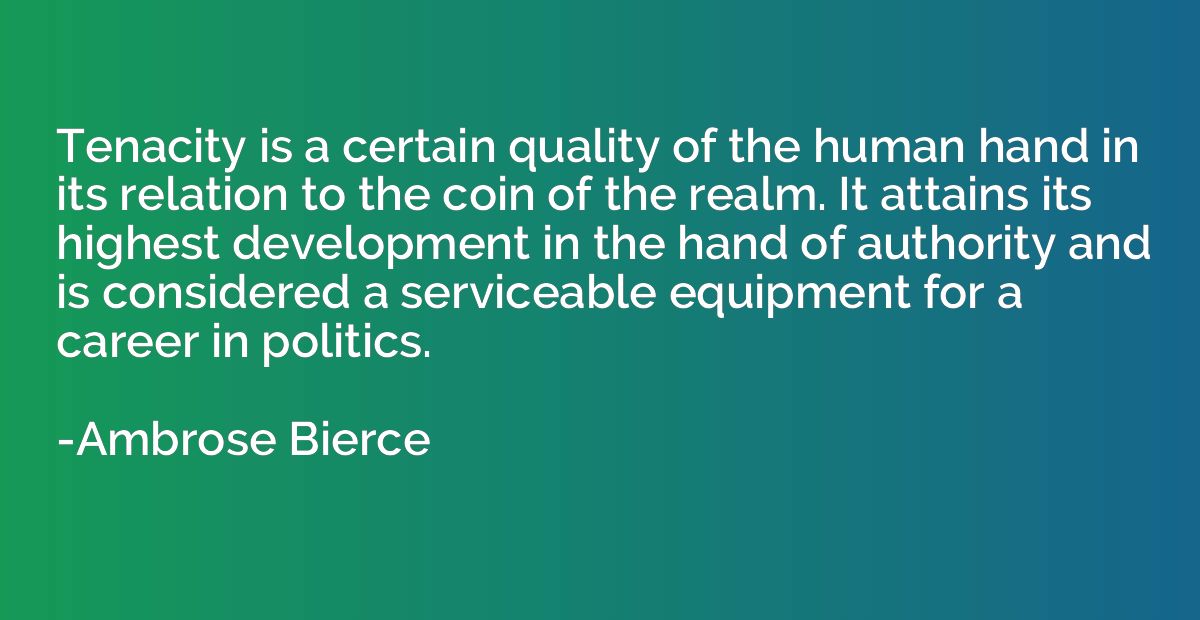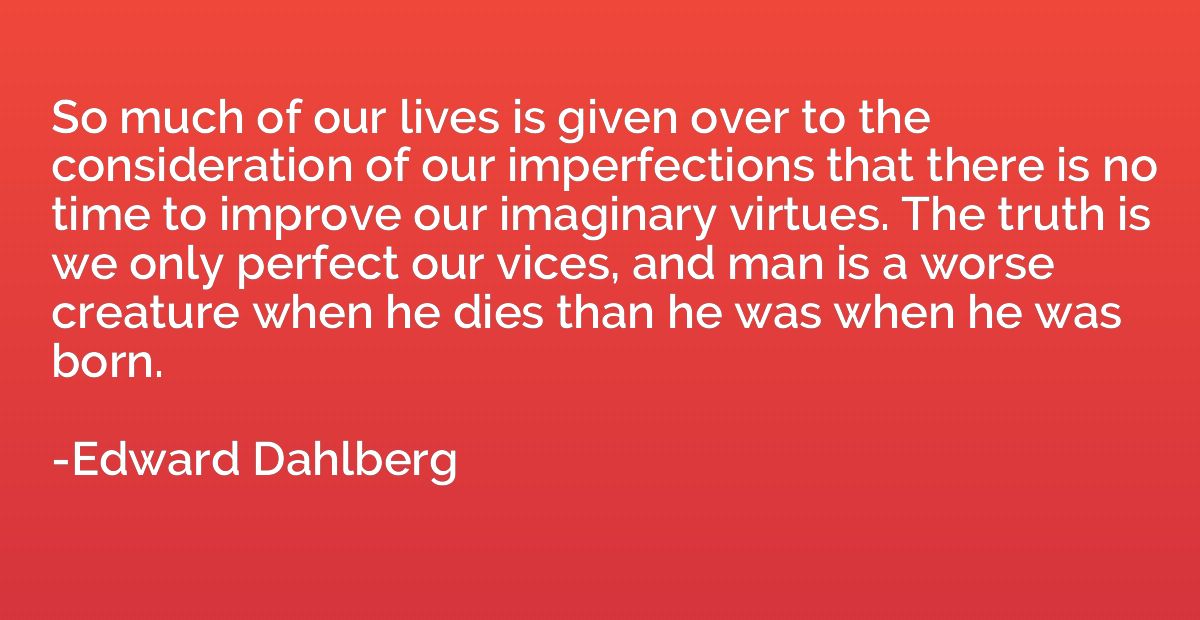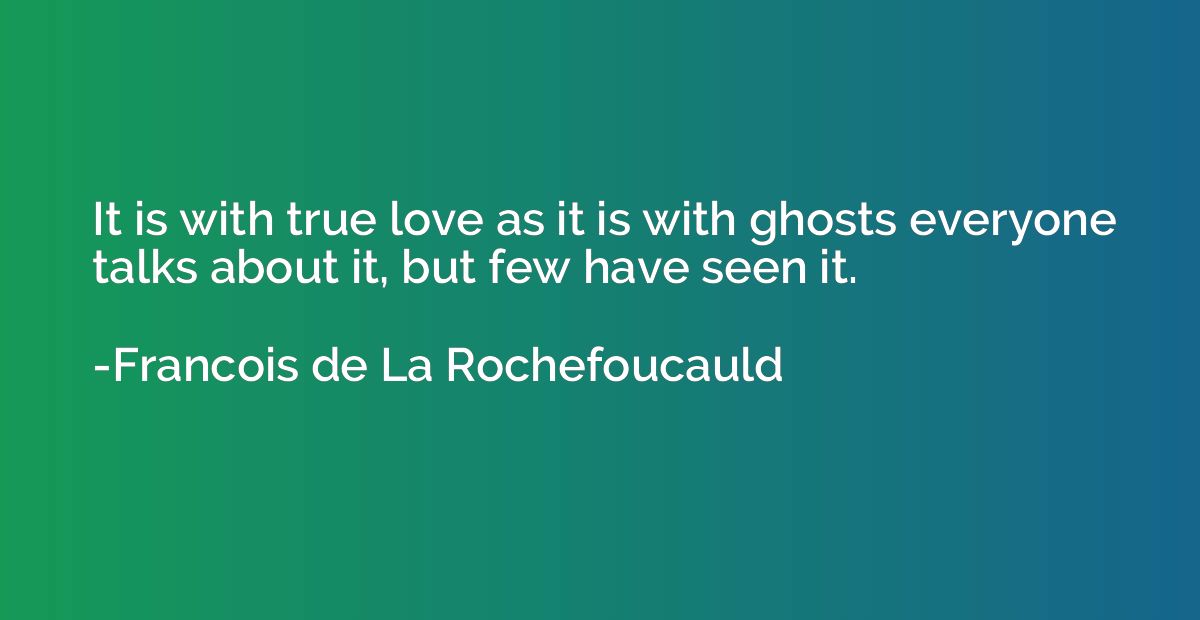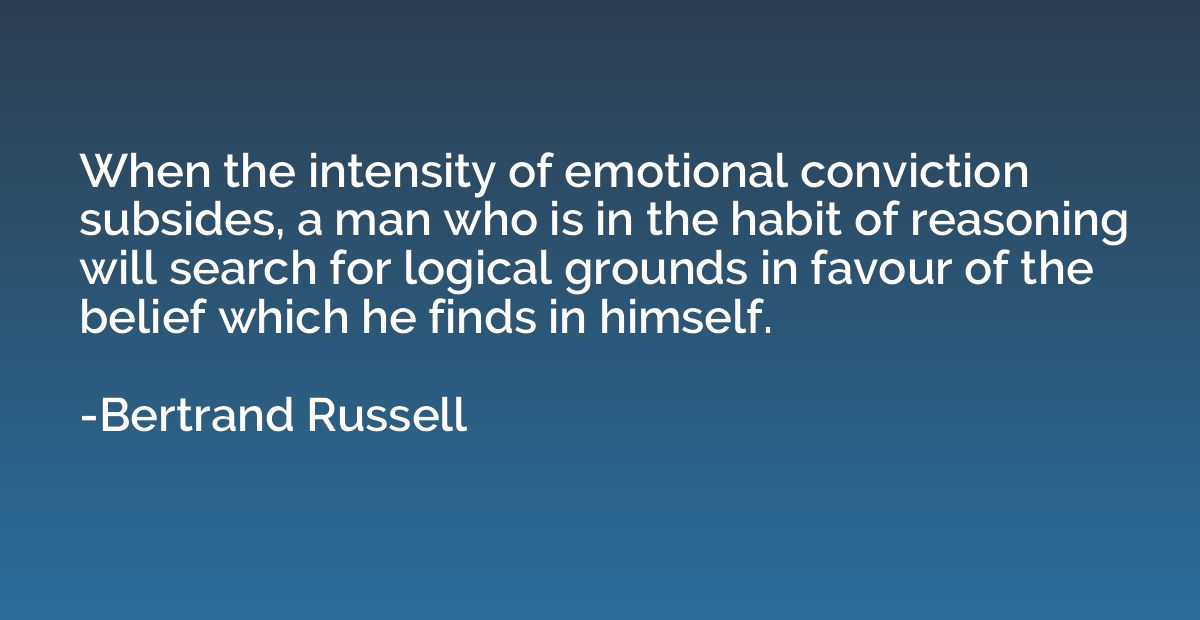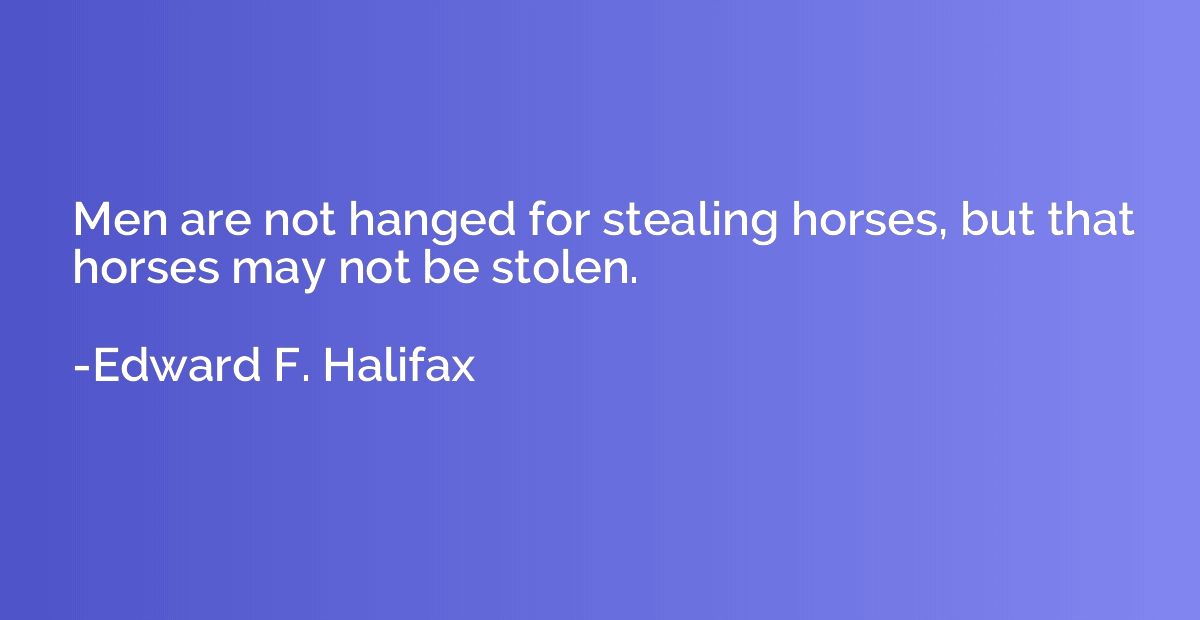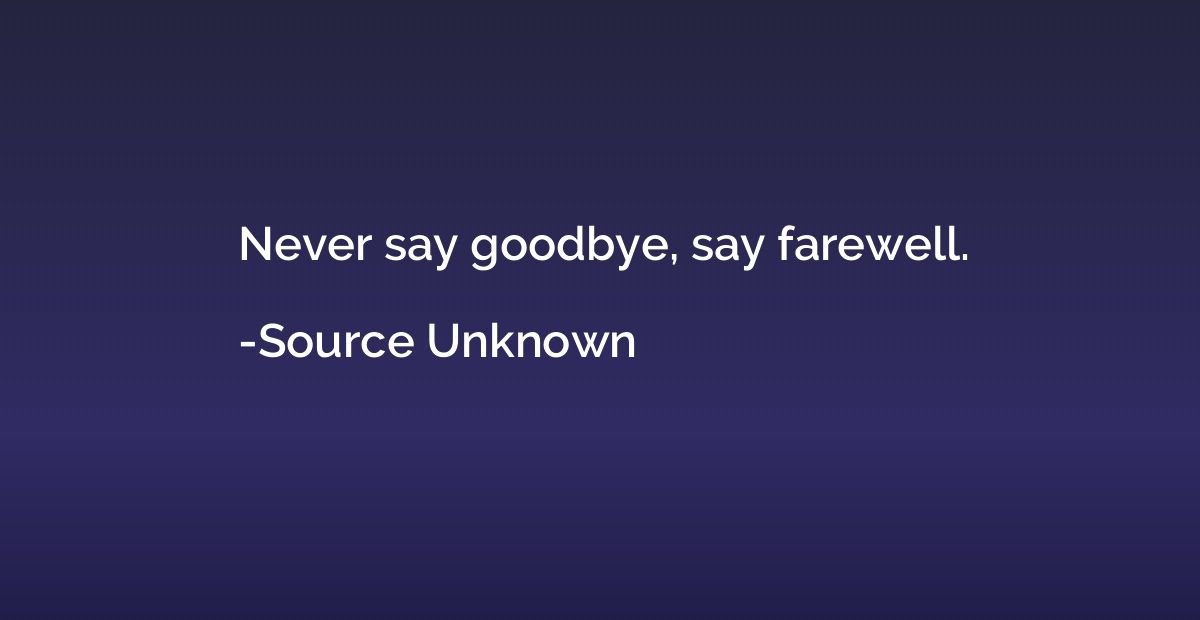Summary
This quote suggests that in moments of sorrow and sadness, there is a sense of sacredness or profound significance. It implies that experiencing sorrow can lead to a deeper understanding of oneself, others, and the world around us. It highlights the transformative potential of pain, suggesting that it can serve as a doorway to spiritual growth and enlightenment. The quote invites reflection on the power of adversity to bring us closer to our inner selves and the presence of something greater than ourselves. Ultimately, it reminds us that even in times of sorrow, there exists the potential for healing, renewal, and transcendent experiences.
Topics
Sadness
By Oscar Wilde




